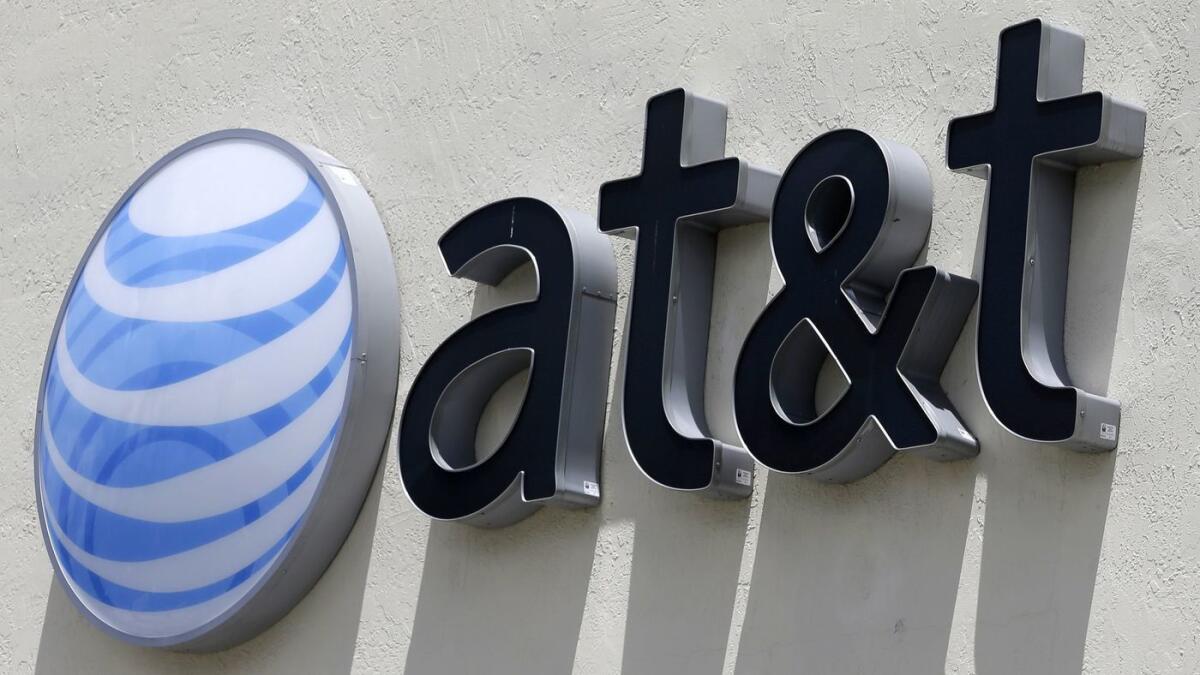U.S. lays out its arguments in appeal of AT&T merger ruling

U.S. antitrust officials outlined their arguments for why a judge’s ruling approving AT&T Inc.’s takeover of Time Warner Inc. should be reversed, saying the court ignored “fundamental principles of economics and common sense.”
“The district court’s determination that Time Warner would not have increased bargaining leverage post-merger erroneously disregarded the economics that governs negotiations in this industry and that defendants themselves embraced,” the government said in a filing Monday to the U.S. Court of Appeals.
Should the Justice Department win at the appeals court level, it would undo a stinging rebuke for the government and vindicate the decision by the head of the antitrust division, Makan Delrahim, to challenge the Time Warner takeover. The case has been closely watched because it’s the first time in decades a court has decided a merger of companies that operate in different parts of a supply chain.
The outcome of the appeal could have a broad effect on how antitrust enforcers consider these so-called vertical deals. A loss for the government would set a binding precedent that could restrict future enforcement while a win would enhance the government’s ability to police the deals.
AT&T completed the Time Warner transaction on June 14, two days after U.S. District Judge Richard Leon’s ruling allowing the takeover to proceed. The Justice Department had agreed not to seek an emergency court order preventing the deal from closing after AT&T promised to operate Time Warner’s Turner Broadcasting as a separate business unit until 2019. That would make it easier for AT&T to sell Turner if the government ultimately prevails.
In his decision, Leon rejected the government’s argument that acquiring Time Warner will give AT&T the power to raise prices that cable and satellite-TV companies pay for Time Warner content such as CNN, which in turn will lead to higher bills for consumers. AT&T countered that the government’s economic model was riddled with flaws and that the deal will enable AT&T and Time Warner to more effectively compete against companies such as Netflix Inc.
McLaughlin writes for Bloomberg.
More to Read
Inside the business of entertainment
The Wide Shot brings you news, analysis and insights on everything from streaming wars to production — and what it all means for the future.
You may occasionally receive promotional content from the Los Angeles Times.










